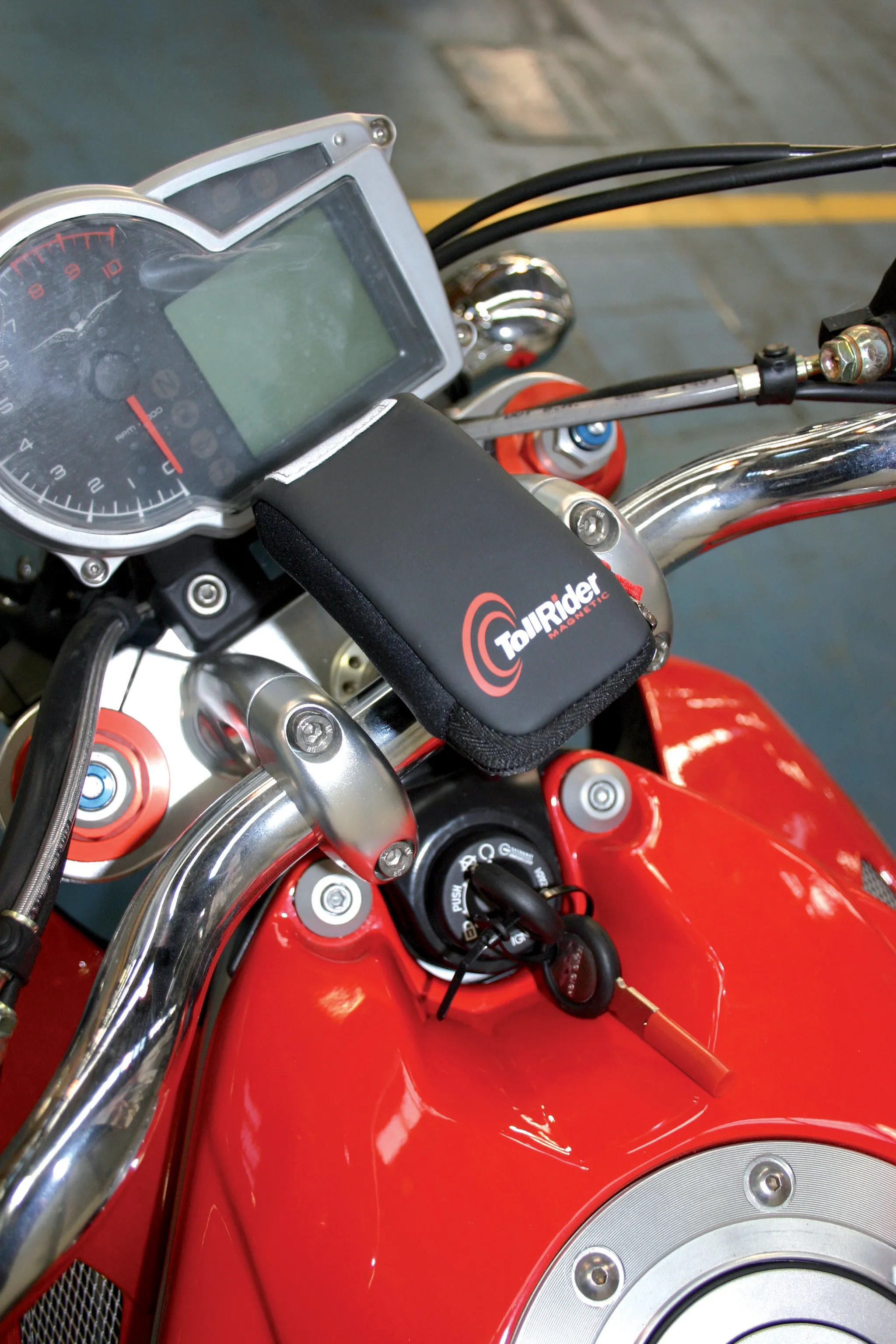The European Motorcyclists' Forum at the INTERMOT fair in Cologne on October 3rd attracted a diverse audience ranging from motorcyclists and politicians to representatives of road authorities and the motorcycle industry. Organised by the Federation of European Motorcyclists Associations (FEMA), the event is a platform for discussion on safety, mobility and the future of two-wheel transport in Europe.
October 5, 2012
Read time: 2 mins
The European Motorcyclists' Forum at the INTERMOT fair in Cologne on October 3rd attracted a diverse audience ranging from motorcyclists and politicians to representatives of road authorities and the motorcycle industry. Organised by the Federation of European Motorcyclists Associations (2906 Fema), the event is a platform for discussion on safety, mobility and the future of two-wheel transport in Europe.
The first contribution was made by Aline Delhaye, General Secretary of FEMA, who presented the RIDERSCAN project and the associated launch of a large scale motorcyclists' survey. Dr Liz de Rome came from Australia to present her findings on Australian accident research.
Claes Tingvall, Director of Traffic Safety3530 Swedish Transport Administration, gave an introduction to Vision Zero, the Swedish safety approach aiming at reducing motorcycle fatalities to zero. Robbert Verweij, Senior Advisor at the Dutch 2556 Ministry of Transport, closed the morning session underlining the importance of including riders into safety policies at the earliest stage possible.
The afternoon opened with the user forum of the SIM2CO research project on rider training simulator development, followed by a panel discussion on training and licensing requirements led by FIM Director John Chatterton Ross. The panel featured prominent personalities Michael Pfeiffer, Editor in Chief of MOTORRAD, Castro Benitez Lopez whose unit at the2465 European Commission is responsible for the implementation of the 3rd Driving Licence Directive, and Kaarsten Nikolaisen, Senior Adviser at the Norwegian Public Roads Administration.
A second panel discussion on motorcyclist-friendly infrastructure was introduced by Maurice Anderson, FEMA Board Member, who presented a newly developed website allowing road authorities to search for motorcycle friendly guardrails as well as the publication of guidelines on the use and implementation of motorcycle protection systems.
The first contribution was made by Aline Delhaye, General Secretary of FEMA, who presented the RIDERSCAN project and the associated launch of a large scale motorcyclists' survey. Dr Liz de Rome came from Australia to present her findings on Australian accident research.
Claes Tingvall, Director of Traffic Safety
The afternoon opened with the user forum of the SIM2CO research project on rider training simulator development, followed by a panel discussion on training and licensing requirements led by FIM Director John Chatterton Ross. The panel featured prominent personalities Michael Pfeiffer, Editor in Chief of MOTORRAD, Castro Benitez Lopez whose unit at the
A second panel discussion on motorcyclist-friendly infrastructure was introduced by Maurice Anderson, FEMA Board Member, who presented a newly developed website allowing road authorities to search for motorcycle friendly guardrails as well as the publication of guidelines on the use and implementation of motorcycle protection systems.









